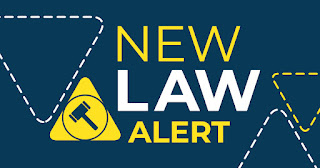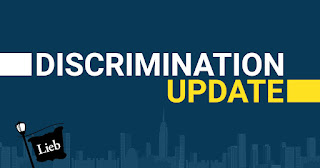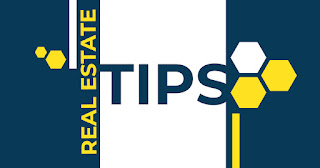Landlords are about to be capped on key reproduction fees in NYS.
You may be saying whoopdeedoo, but it's not that simple.
The cap is 110% of the actual cost of reproduction. However, the cap doesn't apply for the 4th time the tenant needs the keys in a calendar year.
The real question is what happened the second and third time the tenant needed a new key. Why are they constantly losing their keys? Do you lose your house keys FOUR times in a year?
Here is a question - does this new key reproduction cap also cap the shipping and handling of the new keys? Think about it. Now a landlord needs to stop their day, drive to a local hardware shop, wait about 20 minutes for the line and the key to be made, drive back to their office, and deliver the key for virtually fifty cents. This is nuts.
Maybe the legislature should realize that landlords never wanted to make money on key reproduction in the first place. Instead, they charged a lot to motivate their tenants to STOP LOSING KEYS.
Read the new law, section 235-i of the Real Property Law, here.
Governor Cuomo should not to sign this stupid law.
If he does, lawyers need to draft leases with shipping and handling fees for keys, but it's unclear if such fees will be upheld in court when the litigation ensues on the topic.
Do you think landlords should be able to charge fees for shipping and handling of key reproduction?












